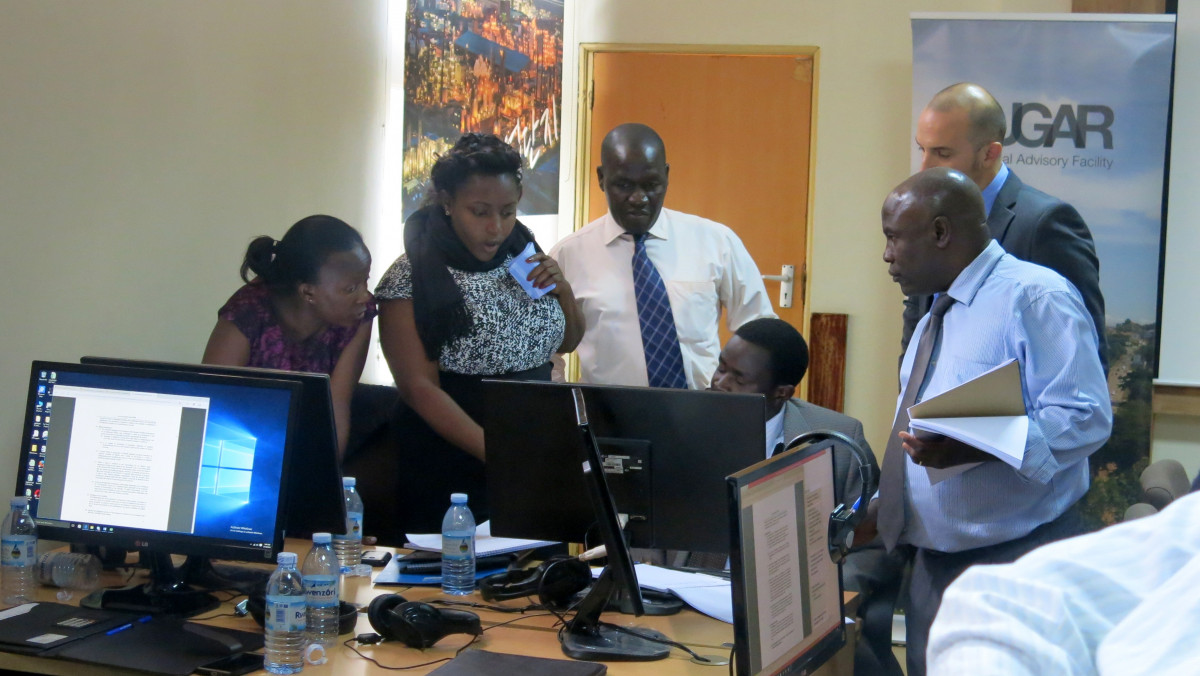Ugandan Inspector General of Government stresses importance of recovering stolen assets

At the opening ceremony of the second Financial Investigations and Asset Recovery training workshop in Uganda during August 2016, the Inspector General of Government, Lady Justice Irene Mulyagonja, emphasised the importance of hitting those convicted of corruption where it hurts most: in addition to imprisonment, illicit assets had to be confiscated as this was essential for the anti-corruption fight to be meaningful. However, building a link between corrupt activities and assets illicitly acquired was still a tall order for the investigators and prosecutors in Uganda’s anti-corruption chain. “We are not doing well in the area of assets recovery and it is what hits the criminal where it hurts most. One will be jailed for five years and they come back and find their assets," she said, "We should bark and bite off a huge chunk of their assets."
The workshop was conducted by experts from the International Centre for Asset Recovery (ICAR) in the context of the Basel Institute’s SUGAR project (“Strengthening Uganda’s Anti-Corruption and Accountability Response”), funded by the UK Department for International Development. The second workshop also marked the commencement of the Train-the-Trainer component during which three additional days were spent mentoring three participants who were selected as trainers from the first training workshop. The programme was attended by 25 participants including members of the judiciary, prosecutors and investigators from the Inspectorate of Government (IG) and Directorate of Public Prosecutions (DPP), and, for the first time, representatives of the Financial Intelligence Authority.
The training was enthusiastically received with the participants fully engaged and willing to learn new techniques and share their experiences, including significant contributions from magistrates from the Anti-Corruption Court. Of significant interest were provisions relating to illicit enrichment and how best to secure evidence in this regard, particularly using the IG and DPP powers (Section 41(1) of the Anti-Corruption Act) which appear to have been under-utilised in the past. They would assist in obtaining information from a public official regarding his assets prior to any criminal trial, thus enabling the prosecution to be better prepared.
The participants gained a better understanding of money laundering investigations and how to secure Mutual Legal Assistance where stolen assets are hidden abroad. Some of their comments included the following:
“It was very relevant to my work and it opened my understanding of analysis and investigation in regard to the Money laundering cases and their predicate offences.”
“The fact that we walked through a real life complex case and without knowing “planned & led to prosecution” for various charges including money laundering. The inclusion of other Agencies was very good and enriching particularly the Magistrates.”


